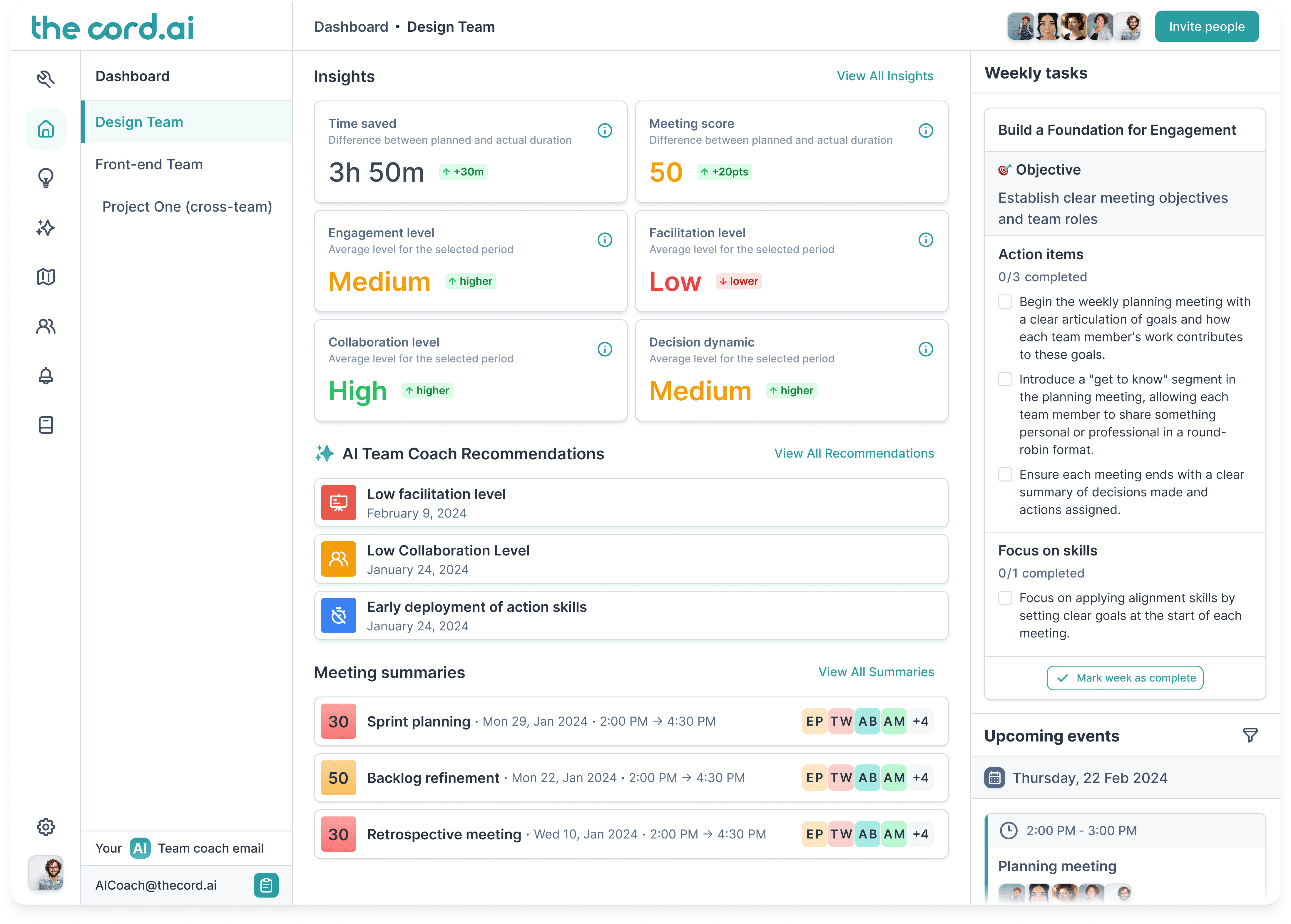"Time poverty" is a reality for most of us in today’s workplaces. Defined by Cassie Mogilner Holmes, a UCLA Anderson School of Management professor and author of Happier Hour, time poverty is the overwhelming feeling of having too much to do and not enough time to do it. This concept is not just an individual issue; it's a societal challenge that impacts physical health, job satisfaction, and even our relationships.
Nearly half of Americans report feeling time-poor, a context created not only by professional obligations but also by unpaid labour like household duties and caregiving. This constant race against the clock leads to compromised well-being, with time-poor individuals exercising less, eating poorly, and experiencing heightened stress, ultimately resulting in diminished happiness and life satisfaction.
How can we combat this pervasive issue, especially in distributed workplaces where it is most felt? The answer lies in enhancing productivity and purpose, in making every moment of work count towards something meaningful. However, achieving this is no small feat. Workweeks are often filled with unproductive tasks and meetings that fail to advance our goals, fueling a cycle of busyness without progress.
theCoRD is the go to solution to tackle the very heart of time poverty. With an AI-driven insights and coaching approach, theCoRD helps teams and individuals identify and focus on activities that are truly impactful, aligning daily tasks with broader organisational goals.
Holmes suggests tactics like tracking how we spend our time and identifying tasks that bring satisfaction and a sense of progress. Furthermore, she emphasises the importance of organisations making the 'why' behind work clear. Here, theCoRD offers the scenario of a structured platform for managers to articulate the purpose behind every task and for employees to connect their daily efforts with their personal and professional aspirations. theCoRD analytics provide leaders with actionable insights to optimise team dynamics, improve communication, and elevate overall productivity. This creates an environment where time is spent on what truly matters, enhancing both individual and organisational well-being.
The shift from time poverty to time affluence is possible and it’s here. It’s theCoRD.











